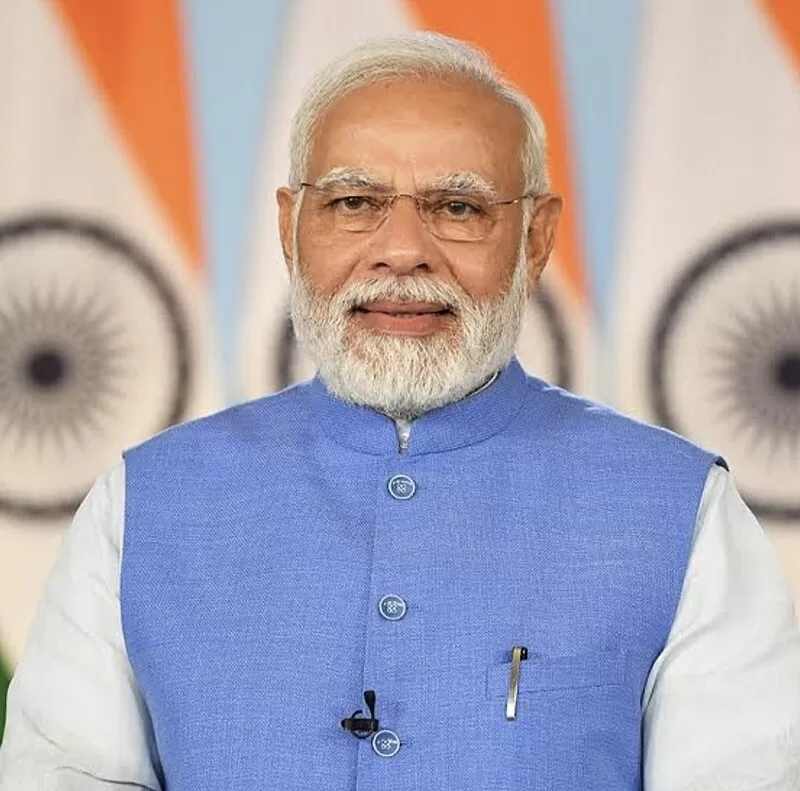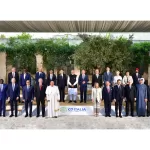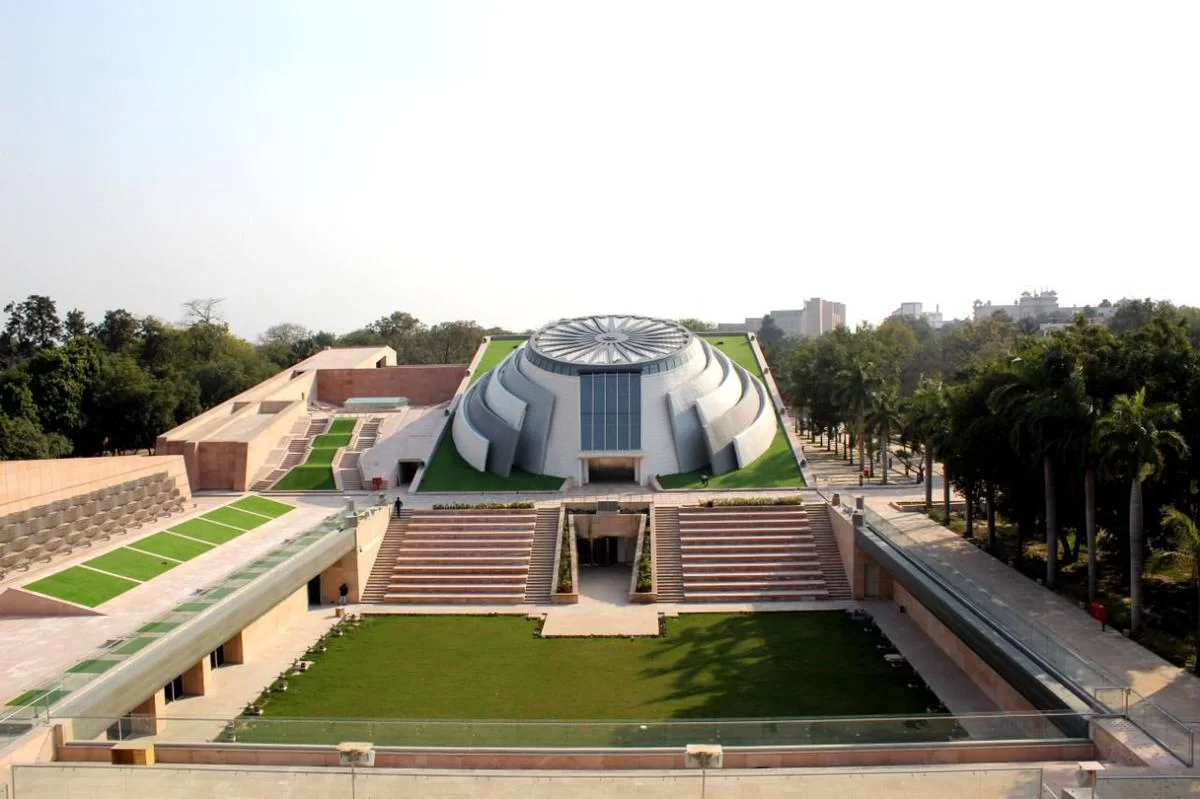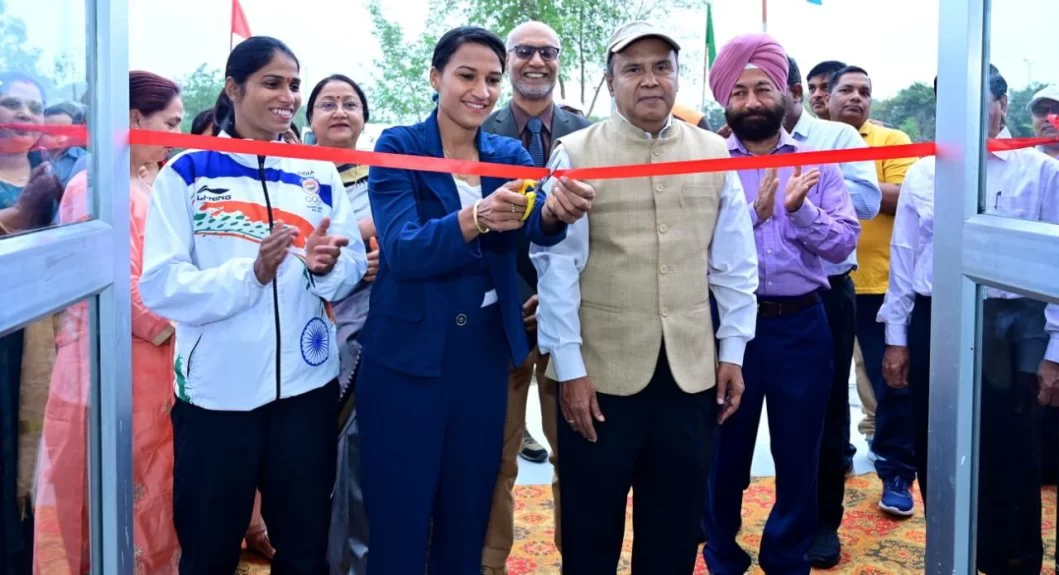Introduction
Narendra Modi, the 14th Prime Minister of India, has been a transformative figure in Indian politics since he took office on May 26, 2014. Known for his charismatic leadership and ambitious vision, Modi has introduced significant economic reforms, strengthened India’s global presence, and promoted development across the nation. This article explores his journey, policies, and the impact of his governance.
Early Life and Political Rise
Narendra Damodardas Modi was born on September 17, 1950, in Vadnagar, Gujarat. From humble beginnings, Modi’s journey to the pinnacle of Indian politics is inspirational. His early life was marked by hardship, as he helped his father sell tea at a railway station. Modi’s deep involvement with the Rashtriya Swayamsevak Sangh (RSS) from a young age laid the foundation for his political career.
Modi joined the Bharatiya Janata Party (BJP) in 1985 and quickly rose through the ranks due to his organizational skills and dedication. His political acumen became evident when he served as the Chief Minister of Gujarat from 2001 to 2014. Under his leadership, Gujarat saw substantial economic growth and infrastructural development, earning him national prominence.
Vision and Governance
Economic Reforms
Narendra Modi’s tenure as Prime Minister has been marked by numerous economic reforms aimed at revitalizing the Indian economy. One of his most significant initiatives is the implementation of the Goods and Services Tax (GST) in 2017. This unified tax system replaced a complex web of state and central taxes, simplifying the tax structure and promoting ease of doing business.
The “Make in India” campaign, launched in 2014, aimed to transform India into a global manufacturing hub. By encouraging domestic and foreign investments, the initiative seeks to boost industrial growth, create jobs, and increase GDP. Additionally, the Insolvency and Bankruptcy Code (IBC) was introduced to address the issue of non-performing assets (NPAs) and streamline the process of resolving corporate insolvencies.
Digital India
Modi’s “Digital India” initiative is a cornerstone of his vision for a technologically advanced nation. Launched in 2015, this program aims to ensure that government services are made available to citizens electronically by improving online infrastructure and increasing Internet connectivity. Key projects under this initiative include BharatNet, aimed at providing high-speed broadband to rural areas, and the promotion of cashless transactions through platforms like UPI (Unified Payments Interface).
Social Welfare and Inclusivity
Social welfare has been a significant focus of Modi’s governance. The Pradhan Mantri Jan Dhan Yojana (PMJDY) is an ambitious financial inclusion program that has brought millions of unbanked Indians into the formal banking system. Similarly, the Pradhan Mantri Ujjwala Yojana (PMUY) aims to provide free LPG connections to women from below-poverty-line households, reducing health hazards from traditional cooking methods.
Swachh Bharat Abhiyan (Clean India Mission), another flagship initiative, seeks to eliminate open defecation and improve solid waste management. This campaign has been instrumental in improving sanitation across the country and promoting hygiene practices.
Foreign Policy and Global Influence
Under Modi’s leadership, India’s foreign policy has seen a proactive shift, with an emphasis on building strategic partnerships and enhancing India’s global standing. Modi has visited numerous countries, strengthening bilateral ties and securing investment agreements. His “Act East Policy” aims to improve relations with Southeast Asian nations, while initiatives like the International Solar Alliance (ISA) highlight India’s commitment to renewable energy.
Modi’s rapport with world leaders, including former US President Barack Obama and current US President Joe Biden, has bolstered India’s diplomatic clout. His focus on diaspora diplomacy has also strengthened connections with Indian communities abroad, furthering India’s influence on the global stage.
Challenges and Criticisms
Despite his numerous achievements, Modi’s tenure has not been without controversy and criticism. The demonetization move in 2016, which invalidated high-denomination currency notes, aimed to curb black money and counterfeit currency but faced criticism for its execution and impact on the economy. Additionally, policies like the Citizenship Amendment Act (CAA) and the abrogation of Article 370 in Jammu and Kashmir have sparked significant political and social debates.
Conclusion
Narendra Modi’s tenure as Prime Minister of India has been a period of significant change and development. His vision for a modern, inclusive, and globally influential India continues to shape the nation’s trajectory. While challenges remain, Modi’s impact on India’s political, economic, and social landscape is undeniable. As India moves forward, his policies and initiatives will play a crucial role in shaping the future of the world’s largest democracy.











